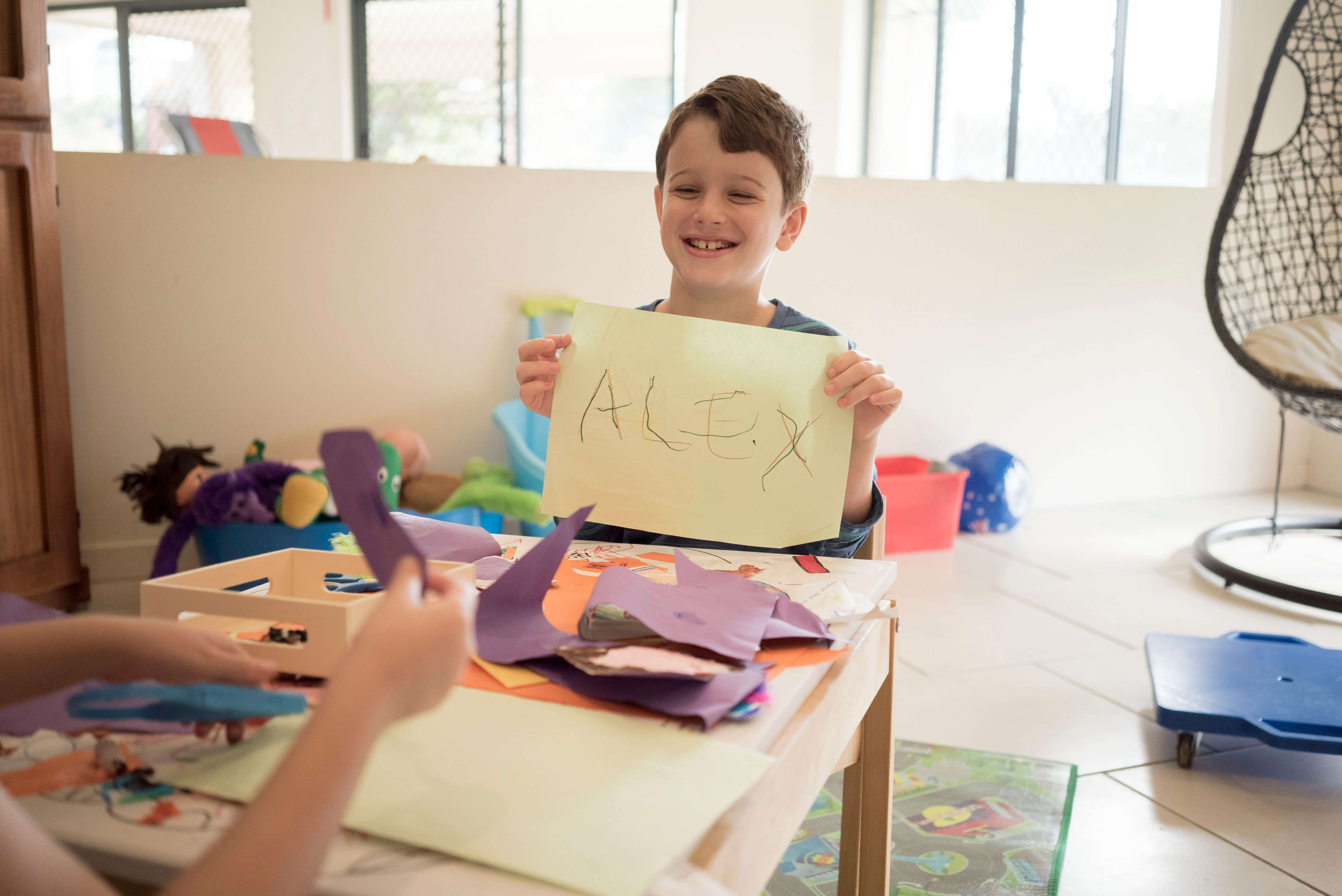M Tones 1, M Cross 2, C Simons 2, K R Napier 3, A Hunter 3, M I Bellgard 4, H Heussler 5
- 1 Developmental Paediatric Group, Mater Medical Research Institute, South Brisbane, Queensland, Australia.
- 2 Foundation for Angelman Syndrome Therapeutics Australia, Brisbane, Queensland, Australia.
- 3 Murdoch University, Centre for Comparative Genomics, Murdoch, Western Australia, Australia.
- 4 eResearch Directorate, Queensland University of Technology, Brisbane, Queensland, Australia.
- 5 Centre for Children’s Health Research University of Queensland, Australia.
Abstract
Background:
Angelman syndrome (AS) is a rare neurodevelopmental disorder affecting between 1 in 15 000 and 1 in 24 000 individuals. The condition results in severe developmental and expressive language delays, motor impairments and a unique behavioural phenotype consisting of excessive laughter, smiling and sociability. While many studies have contributed knowledge about the causes and natural history of the syndrome, large scale longitudinal studies are required to advance research and therapeutics for this rare syndrome.
Method:
his article describes the protocol for the Global Angelman Syndrome Registry, and some initial findings. Due to the rarity of AS and the variability in symptom presentation, the registry team will strive for complete case ascertainment. Parents and caregivers will submit data to the registry via a secure internet connection. The registry consists of 10 modules that cover patient demographics; developmental, diagnostic, medical and surgical history, behaviour and development, epilepsy, medications and interventions and sleep.
Results:
Since its launch at https://angelmanregistry.info in September 2016, almost 470 individuals with AS have been signed up to the registry worldwide: 59% are from North and South America, 23% are from Europe, 17% are from the Asia Pacific region and 1% are from the Middle East or Africa. The majority of registrants are children, with only 16% aged over 20 years. Most participants indicated a chromosome deletion (76%), with fewer participants indicating a mutation, uniparental disomy or imprinting defect (20%).
Conclusion:
Findings indicate a need to consider recruitment strategies that target caregivers of older children and adults, and parents and caregivers from non-English speaking backgrounds.
Keywords:
Angelman syndrome; caregivers; community-based participatory research’; parents; rare diseases; registries.
© 2018 MENCAP and International Association of the Scientific Study of Intellectual and Developmental Disabilities and John Wiley & Sons Ltd.

